In the complex and often contentious world of international trade, President Donald Trump has increasingly turned to tariffs as a tool to assert his economic and political will. Over the past month, Trump has specifically targeted two high-profile American companies—Apple and Mattel—with threats of tariffs on their key products. These threats, however, are not just about trade policy; they are part of a broader strategy to influence corporate behavior and achieve specific policy objectives.
The Legal Landscape and Presidential Authority
The use of tariffs as a policy tool is not without its legal challenges. A recent decision by the US Court of International Trade questioned the president’s authority to unilaterally impose tariffs without action by Congress. This ruling, which was temporarily stayed by a Court of Appeals decision, highlights the constitutional limits on presidential power in matters of trade. According to Lizbeth Levinson, a trade attorney at Fox Rothschild, Trump faces significant legal hurdles in targeting specific companies with tariffs. "He doesn’t have the constitutional power to name names. It has to be a whole class of products, equally against everyone in the industry," she explains. Despite these legal constraints, Trump has consistently demonstrated a willingness to act first and address legal realities later.
Apple: A Case Study in Corporate Compliance
Apple, one of the world's most valuable companies, has found itself in the crosshairs of Trump's tariff threats. Earlier this year, Trump praised Apple CEO Tim Cook when the company announced plans for $500 billion in US investments. However, Cook's subsequent announcement that Apple would shift iPhone production from China to India for the US market clearly angered Trump. Trump responded by threatening a 25% tariff on all imported smartphones, including those from Apple. "I have long ago informed Tim Cook of Apple that I expect their iPhones that will be sold in the United States of America will be manufactured and built in the United States, not India, or anyplace else," Trump posted on Truth Social. "If that is not the case, a Tariff of at least 25% must be paid by Apple to the US."
The threat to impose tariffs on smartphones is not just a punitive measure; it is a strategic move to pressure Apple into complying with Trump's demands. While smartphones are currently exempt from most of Trump's tariffs on imports from China, the administration could use a Section 232 investigation to target imported smartphones. Section 232 of trade law grants the president the power to impose duties on imports in response to national security threats. This provision has been used to justify tariffs on autos, auto parts, steel, and aluminum imports. However, trade experts argue that the real purpose of the threat is not to impose new tariffs but to force Apple to make concessions, such as promising future US investment or agreeing not to publicly attribute price hikes to tariffs.
Mattel: A Toy Story Turned Tariff Tussle
Mattel, the iconic toy manufacturer, has also faced Trump's tariff threats. Earlier this month, Trump threatened to impose a 100% tariff on all of Mattel's toy imports after CEO Ynon Kreiz stated that the company would have to consider raising some toy prices due to tariffs and that shifting toy production to the US would be more expensive than paying the tariffs. "We’ll put a 100% tariff on his toys, and he won’t sell one toy in the United States, and that’s their biggest market," Trump declared. "I wouldn’t want to have him as an executive too long."
However, Trump has not followed through on his threat to Mattel. Unlike the smartphone tariff threat, he has not clarified whether he is considering a 100% tariff on all toys or just on Mattel. According to Clark Packard, a research fellow at the Cato Institute, the threat is more about pressuring Mattel into compliance rather than imposing prohibitive tariffs. "Courts are going to be fairly deferential on claims of national security by the executive branch," Packard notes. "You’re probably on a little firmer territory there (with smartphones) than you would be on Mattel." The legal and public relations risks associated with such high tariffs make it unlikely that Trump would actually implement them. Instead, the goal is to force Mattel to agree to something that Trump can claim as a victory, such as announcing plans for domestic sourcing of at least a fraction of its toys.
The Broader Implications of Targeted Tariffs
The use of tariffs as a tool to influence corporate behavior raises several important questions about the role of government in the economy. While Trump's threats may seem like a direct assault on specific companies, they are part of a broader strategy to shape corporate decisions in ways that align with his policy objectives. This approach, however, carries significant risks. Targeted tariffs can create uncertainty and instability in the business environment, making it difficult for companies to plan and invest with confidence. Moreover, the potential for legal challenges and public backlash means that such threats must be carefully calibrated to achieve their intended goals.
For companies like Apple and Mattel, the threat of tariffs presents a complex challenge. On one hand, they must navigate the political and economic pressures exerted by the administration. On the other hand, they must consider the potential impact on their business operations, supply chains, and consumer prices. The public response to these threats is also a critical factor. As Packard notes, the American public would likely be outraged if the price of iPhones or toys increased significantly due to tariffs. This potential backlash limits the administration's ability to impose prohibitive tariffs and underscores the need for a more nuanced approach.
The Future of Tariffs and Corporate Compliance
The recent tariff threats against Apple and Mattel highlight the complex interplay between trade policy, corporate behavior, and political objectives. While President Trump has demonstrated a willingness to use tariffs as a tool to influence corporate decisions, the legal and economic realities of such threats are significant. The administration must carefully balance its policy goals with the potential risks and consequences of targeted tariffs.
For businesses, the current environment underscores the importance of flexibility and adaptability. Companies must be prepared to navigate a rapidly changing trade landscape, with the potential for sudden policy shifts and legal challenges. For policymakers, the use of tariffs as a tool to influence corporate behavior raises important questions about the appropriate role of government in the economy and the need for clear and consistent policy frameworks.
As the US continues to navigate the complexities of international trade, the future of tariffs and corporate compliance remains uncertain. The administration's approach to trade policy will likely continue to evolve, influenced by a combination of economic, political, and legal factors. In this context, the ability to adapt and respond to changing conditions will be crucial for all stakeholders.
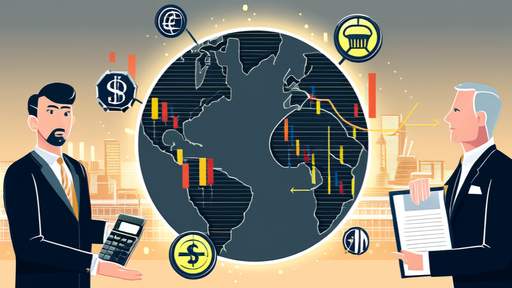
By Benjamin Evans/Jun 3, 2025

By Samuel Cooper/Jun 3, 2025

By Lily Simpson/Jun 3, 2025

By Eric Ward/Jun 3, 2025

By George Bailey/Jun 3, 2025

By Victoria Gonzalez/Jun 3, 2025

By Noah Bell/Jun 3, 2025

By Rebecca Stewart/Jun 3, 2025
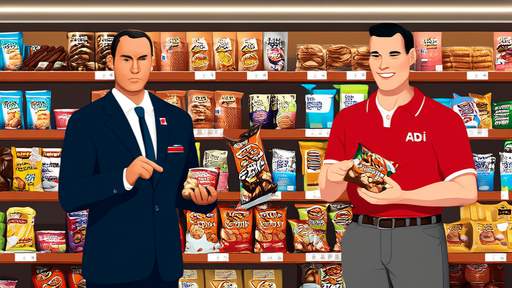
By Grace Cox/Jun 3, 2025

By John Smith/Jun 3, 2025

By Emma Thompson/Jun 3, 2025
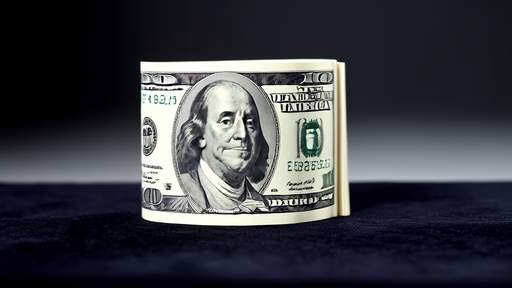
By Victoria Gonzalez/Jun 3, 2025
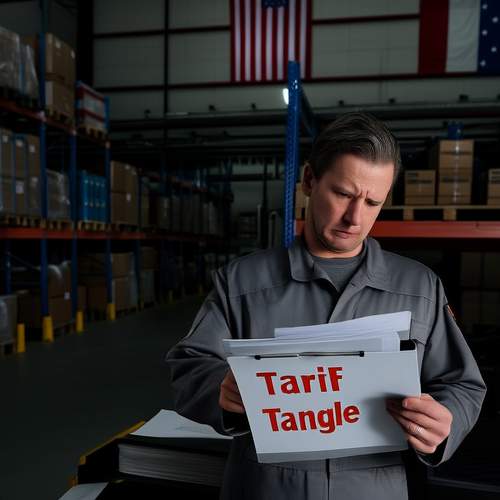
By George Bailey/Jun 3, 2025

By Samuel Cooper/Jun 3, 2025
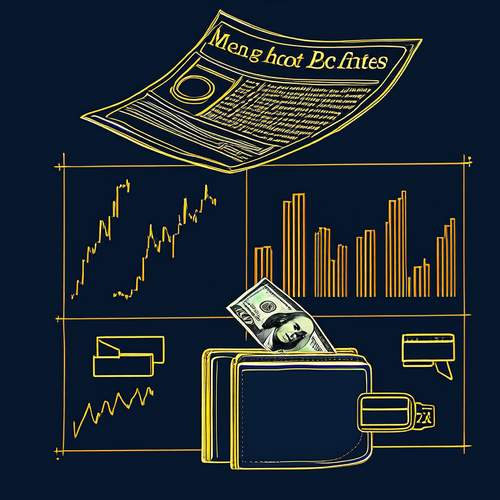
By Michael Brown/Jun 3, 2025
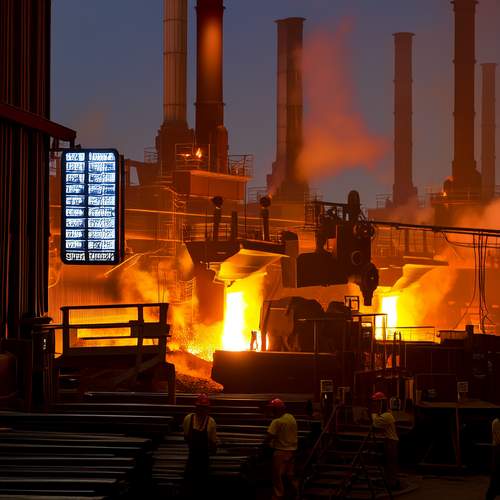
By Grace Cox/Jun 3, 2025
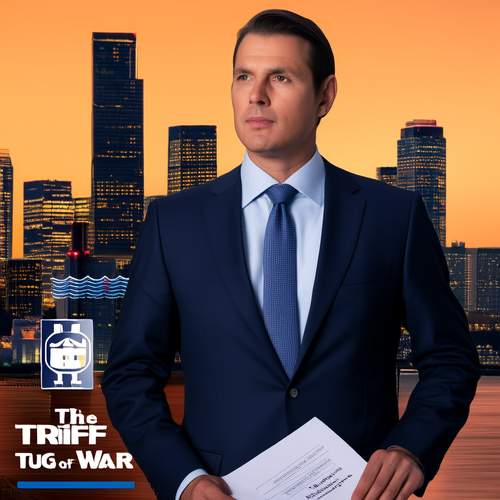
By Megan Clark/Jun 3, 2025
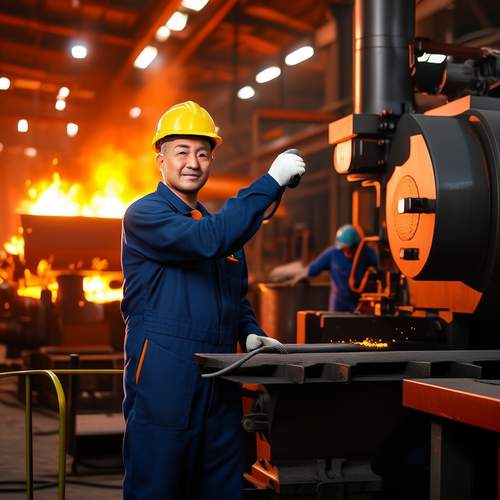
By Noah Bell/Jun 3, 2025
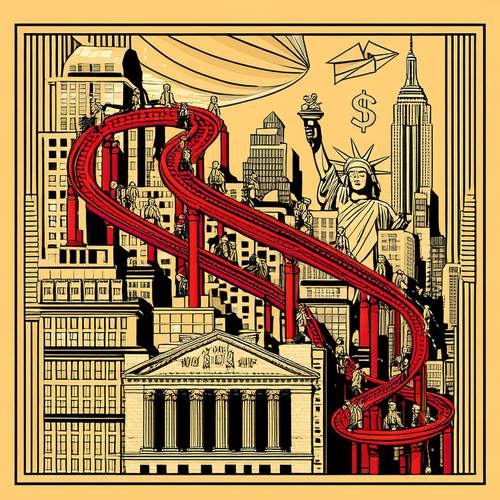
By Emma Thompson/Jun 3, 2025

By Rebecca Stewart/Jun 3, 2025